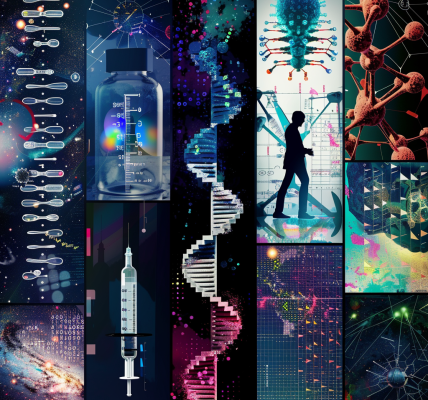A recent study conducted by Mayo Clinic has revealed a significant link between social isolation and accelerated biological aging. The research, published in the Journal of the American College of Cardiology: Advances, indicates that individuals with limited social connections are at a higher risk of premature mortality.
The study, which utilized AI-enabled electrocardiograms (AI-ECG) to estimate the biological age of over 280,000 adults, found that those with robust social networks exhibited smaller age gaps between their biological and chronological ages, reflecting slower biological aging.
The Social Network Index, used to assess social isolation levels, showed that a lower score, indicative of greater social isolation, was associated with an increased risk of death across all demographics. This research underscores the importance of social connectivity as a vital component of health and longevity.
Key Findings of the Study
- Social Connectivity and Health: Individuals with better social networks, as determined by the Social Network Index, showed smaller gaps between biological and chronological age, indicating a protective effect against accelerated aging.
- Risk of Mortality: Participants with lower Social Network Index scores experienced a higher mortality risk within a two-year follow-up, highlighting the health implications of social isolation.
- Disparities in Aging: The study found that non-white participants generally had higher average age gaps compared to white counterparts, particularly among those with lower social connectivity, pointing to broader health disparities.
The research emphasizes the critical role of social connection in overall physical health and longevity. It suggests that addressing social connection as a necessary part of the social determinants of health is essential for promoting well-being and reducing the risk of premature mortality.
Understanding the Study Methodology
To investigate the role of social contact in biological aging, the researchers compared the Social Network Index and AI-ECG-predicted age gaps of over 280,000 adults who received outpatient care between June 2019 and March 2022. Eligible participants completed a questionnaire on the social determinants of health and had AI-ECG records independent of the study on file within one year.
An AI-ECG model developed at Mayo Clinic was used to estimate biological age, which was then compared to chronological age. Previous research shows that the AI-ECG age prediction represents the heart’s biological age. A positive age gap indicates accelerated biological aging, while a negative gap suggests a younger biological age compared to the chronological age.
Overall, the study from Mayo Clinic highlights the profound impact of social isolation on biological aging and mortality risk. It underscores the need for prioritizing social connectivity as an integral aspect of promoting overall health and well-being.





